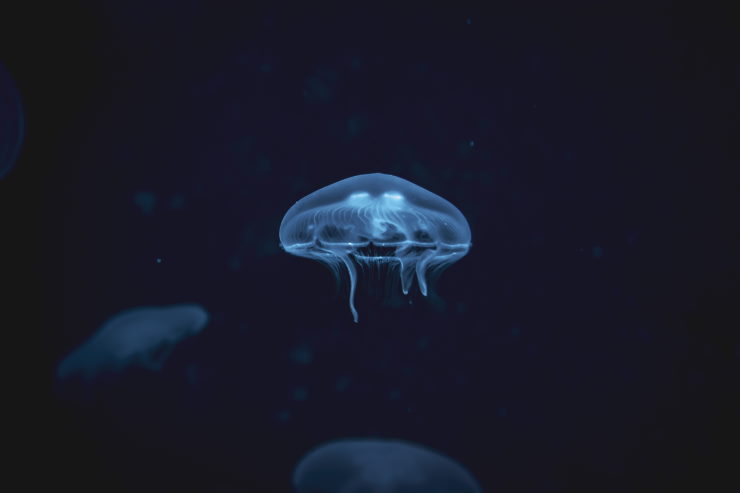UK novelist Susan Ertz famously claimed that “millions long for immortality who don’t know what to do with themselves on a rainy Sunday afternoon”.
Perhaps immortality isn’t all it’s stacked up to be. Nonetheless, it seems one among us has more or less achieved it. Not, sadly, a Homo sapiens.
Turritopsis dohrrnii is a jellyfish which, like all life, eventually begins to disintegrate. However, some cells from the rotting corpse manage to float free, find one another, and form a new polyp. In a real sense, the critter never dies.
One supposes that, finally, the heat death of the universe might put paid to actual immortality even for jellyfish. Unless that thing about other universes turns out to be true…
Disclaimer: views represented in SOFiA blog posts are entirely the view of the respective authors and in no way represent an official SOFiA position.
Photo by Ashleigh Robertson on Unsplash



All predictions to some degree are based on assumptions . We often assume an end may come through excessive heat or lack of heat. Forgetting for the moment that energy is never lost, just transformed (I rely on greater minds than mine to assess whether or not that energy theory is true) .
We assume our understanding of the universe is somewhat accurate and don’t really entertain the idea that we are living in a universe that in reality is a jelly fish larger than we can imagine and we are much smaller than we can perceive.
But I am left wondering whether we function in the digestive track or circulatory system of our host jelly fish and what role we play.
I imagine such wondering has played a part in our evolution for a long time, along with any leaps in logic that are required to sustain belief.
It is interesting to note that the ancient Christian Gnostics (of which there were dozens of varieties) engaged in the task of attempting to explain the origin of the gods, as well as of every iota of this world, including humans, by means of their intricate mythological beliefs.